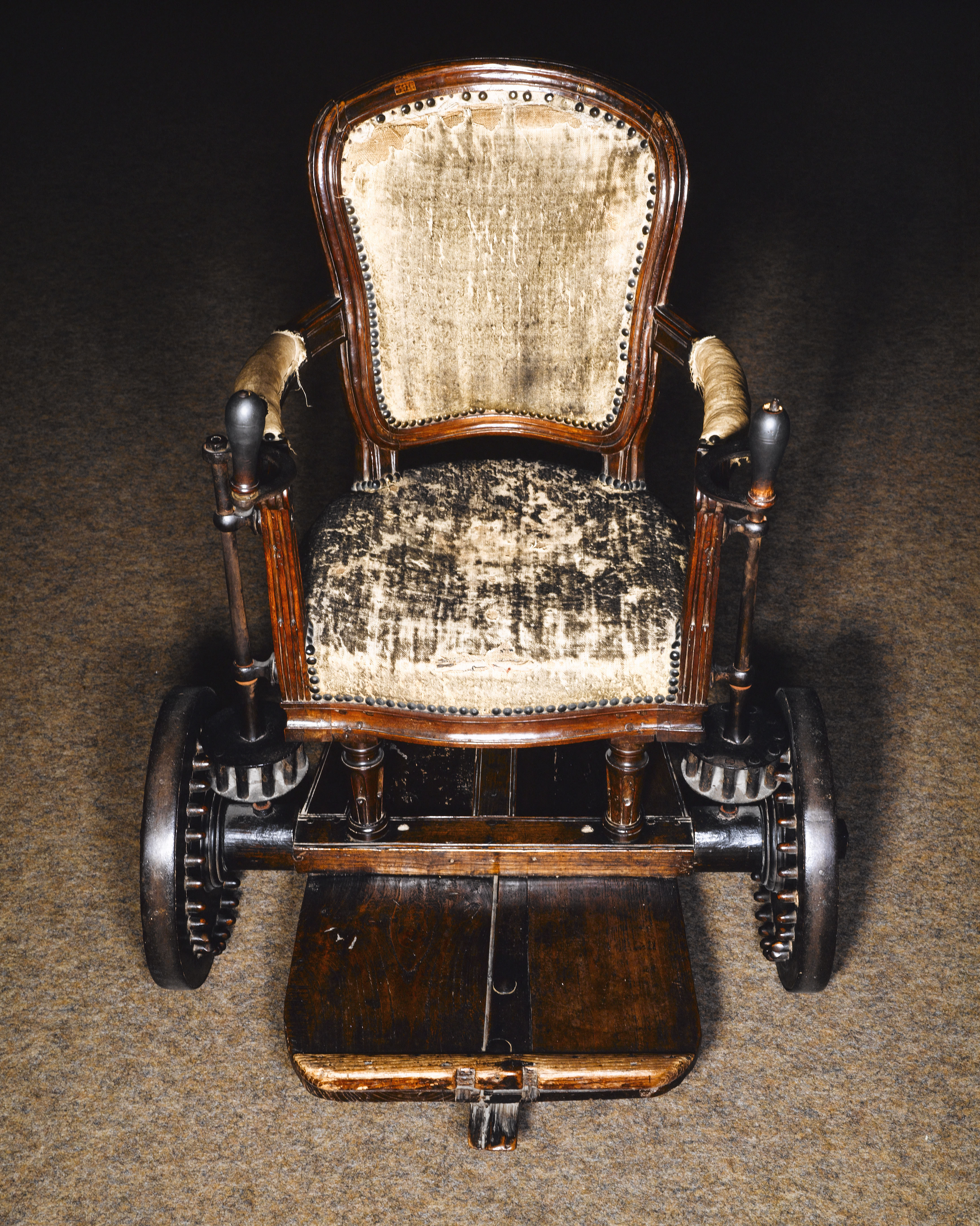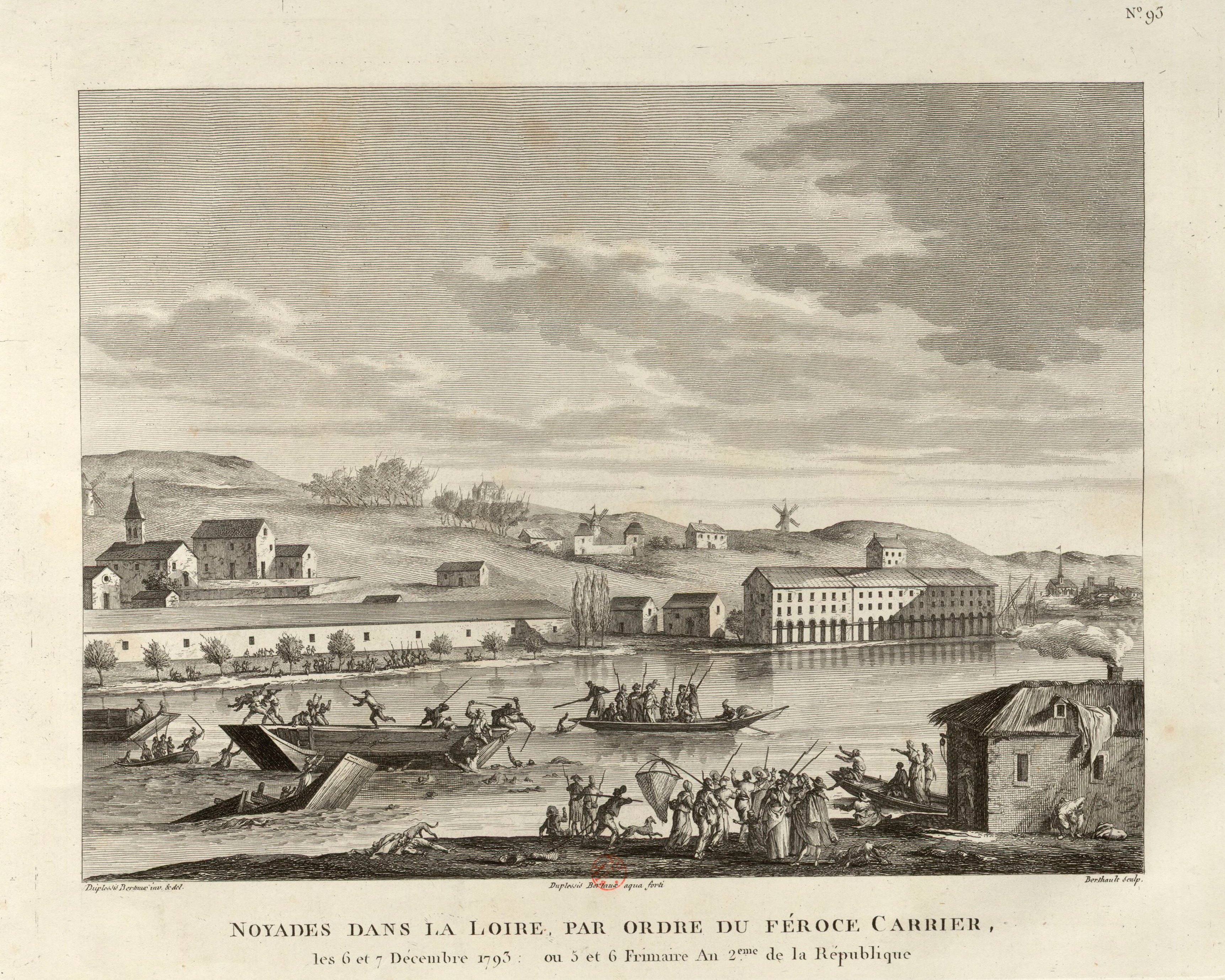|
Représentant En Mission
During the French Revolution, a ''représentant en mission'' (; English: representative on mission) was an extraordinary envoy of the Legislative Assembly (1791–92) and its successor the National Convention (1792–95). The term is most often assigned to deputies designated by the National Convention for maintaining law and order in the départements and armies, as they had powers to oversee conscription into the army, and were used to monitor local military command. At the time France was in crisis; not only was war going badly, as French forces were being pushed out of Belgium, but also there was revolt in the Vendée over conscription into the army and resentment of the Civil Constitution of the Clergy. Such inspectors had existed in some form under the Ancien Régime, but they were systematized during the Reign of Terror and given absolute power. R. Dupuy, ''Nouvelle histoire de la France contemporaine. La République jacobine'', 2005, p. 156 Some of them abused the ... [...More Info...] [...Related Items...] OR: [Wikipedia] [Google] [Baidu] |
Joseph Fouché
Joseph Fouché, 1st Duc d'Otrante, 1st Comte Fouché (, 21 May 1759 – 25 December 1820) was a French statesman, revolutionary, and Minister of Police under First Consul Napoleon Bonaparte, who later became a subordinate of Emperor Napoleon. He was particularly known for the ferocity with which he suppressed the Lyon insurrection during the Revolution in 1793 and for being minister of police under the Directory, the Consulate, and the Empire. In 1815, he served as President of the Executive Commission, which was the provisional government of France installed after the abdication of Napoleon. In English texts, his title is often translated as Duke of Otranto. Youth Fouché was born in Le Pellerin, a small village near Nantes. His mother was Marie Françoise Croizet (1720–1793), and his father was Julien Joseph Fouché (1719–1771). He was educated at the college of the Oratorians at Nantes, and showed aptitude for literary and scientific studies. Wanting to become a teach ... [...More Info...] [...Related Items...] OR: [Wikipedia] [Google] [Baidu] |
Roger Dupuy
Roger is a given name, usually masculine, and a surname. The given name is derived from the Old French personal names ' and '. These names are of Germanic origin, derived from the elements ', ''χrōþi'' ("fame", "renown", "honour") and ', ' ("spear", "lance") (Hrōþigēraz). The name was introduced into England by the Normans. In Normandy, the Frankish name had been reinforced by the Old Norse cognate '. The name introduced into England replaced the Old English cognate '. ''Roger'' became a very common given name during the Middle Ages. A variant form of the given name ''Roger'' that is closer to the name's origin is ''Rodger''. Slang and other uses Roger is also a short version of the term "Jolly Roger", which refers to a black flag with a white skull and crossbones, formerly used by sea pirates since as early as 1723. From up to , Roger was slang for the word "penis". In ''Under Milk Wood'', Dylan Thomas writes "jolly, rodgered" suggesting both the sexual double enten ... [...More Info...] [...Related Items...] OR: [Wikipedia] [Google] [Baidu] |
List Of Representatives On Mission
During the French Revolution (1789–1799 or 1815), a '' représentant en mission'' (English: representative on mission) was an extraordinary envoy of the Legislative Assembly. The term is most often assigned to deputies designated by the National Convention for maintaining law and order in the départements and armies. They had powers to oversee conscription into the army and to monitor both local military command and local compliance with Revolutionary agendas. Such inspectors had existed in some form under the Ancien Régime, but the position was systematized during the Reign of Terror The Reign of Terror (french: link=no, la Terreur) was a period of the French Revolution when, following the creation of the First French Republic, First Republic, a series of massacres and numerous public Capital punishment, executions took pl ... and the representatives were given absolute power. R. Dupuy, ''Nouvelle histoire de la France contemporaine. La République jacobine'', 20 ... [...More Info...] [...Related Items...] OR: [Wikipedia] [Google] [Baidu] |
Georges Couthon
Georges Auguste Couthon (, 22 December 1755 – 28 July 1794) was a French politician and lawyer known for his service as a deputy in the Legislative Assembly during the French Revolution. Couthon was elected to the Committee of Public Safety on 30 May 1793. Along with his close associates, Maximilien Robespierre and Louis Antoine de Saint-Just, he formed an unofficial triumvirate within the committee which wielded power until their arrest and execution in 1794 during the period of the Reign of Terror. Couthon played an important role in the development of the Law of 22 Prairial, which was responsible for a sharp increase in the number of executions of accused counter-revolutionaries. Background Couthon was born on 22 December 1755 in Orcet in the province of Auvergne. His father was a notary, and his mother was the daughter of a shopkeeper. Couthon, like generations of his family before him, was a member of the lower bourgeoisie. Following in his father's footsteps, Couthon ... [...More Info...] [...Related Items...] OR: [Wikipedia] [Google] [Baidu] |
Jean-Marie Collot D'Herbois
Jean-Marie Collot d'Herbois (; 19 June 1749 – 8 June 1796) was a French actor, dramatist, essayist, and revolutionary. He was a member of the Committee of Public Safety during the Reign of Terror and, while he saved Madame Tussaud from the Guillotine,Undine Concannon, 'Tussaud , Anna Maria (bap. 1761, d. 1850)’, Oxford Dictionary of National Biography, Oxford University Press, 2004 he administered the execution of more than 2,000 people in the city of Lyon. Early life Born in Paris, Collot left his home in the rue St. Jacques in his teens to join the travelling theatres of provincial France. His moderately successful career as an actor, supplemented by a vigorous outpouring of works for the stage, took him from Bordeaux in the south of France to Nantes in the west and Lille in the north and even into the Dutch Republic, where he met his wife. In 1784 he became director of the theatre in Geneva, Switzerland, and then at the prestigious playhouse at Lyon in 1787. At the out ... [...More Info...] [...Related Items...] OR: [Wikipedia] [Google] [Baidu] |
Étienne Christophe Maignet
Étienne Christophe Maignet (Ambert, Puy-de-Dôme, 9 July 1758 – Ambert, 22 October 1834) was a French lawyer, politician and deputy to the National Convention The National Convention (french: link=no, Convention nationale) was the parliament of the Kingdom of France for one day and the French First Republic for the rest of its existence during the French Revolution, following the two-year Nation .... 1758 births4q- 1834 deaths People from Puy-de-Dôme Représentants en mission Deputies to the French National Convention 18th-century French lawyers {{France-politician-stub ... [...More Info...] [...Related Items...] OR: [Wikipedia] [Google] [Baidu] |
Jean-Baptiste Carrier
Jean-Baptiste Carrier (, 16 March 1756 – 16 December 1794) was a French Revolutionary and politician most notable for his actions in the War in the Vendée during the Reign of Terror. While under orders to suppress a Royalist counter-revolution, he commanded the execution of 4,000 civilians, mainly priests, women and children in Nantes, some by drowning in the river Loire, which Carrier described as "the National Bathtub." After the fall of the Robespierre government, Carrier was tried for war crimes by the Revolutionary Tribunal, found guilty, and executed. Early life Carrier was born at Yolet, a village near Aurillac in upper Auvergne, as the fourth of six children born to Jean Carrier and Marguerite Puex. As the son of a middle class tenant farmer, Carrier and his family survived on income reaped from cultivating the land of a French nobleman. After attending a Jesuit school in Aurillac, he was able to pursue a wide variety of career interests. Carrier worked in a law o ... [...More Info...] [...Related Items...] OR: [Wikipedia] [Google] [Baidu] |
Jean-Lambert Tallien
Jean-Lambert Tallien (, 23 January 1767 – 16 November 1820) was a French politician of the revolutionary period. Though initially an active agent of the Reign of Terror, he eventually clashed with its leader, Maximilien Robespierre, and is best known as one of the key figures of the Thermidorian Reaction that led to the fall of Robespierre and the end of the Terror. Early life and journalism Tallien was born in Paris to Lambert Tallien, the ''maître d'hôtel'' of the Marquis de Bercy, and Jeanne Lambert. The marquis, noticing his ability, had him educated, and got him a place as a lawyer's clerk. Supportive of the Revolution, he gave up his desk to enter a printer's office, and by 1791 was overseer of the printing department of the Comte de Provence. During his employment, he conceived the idea of the '' journal-affiche'', and after the arrest of the king at Varennes in June 1791 he placarded a large printed sheet on all the walls of Paris twice a week, under the title of t ... [...More Info...] [...Related Items...] OR: [Wikipedia] [Google] [Baidu] |
Louis-Marie Stanislas Fréron
Louis-Marie Stanislas Fréron (17 August 1754 – 15 July 1802) was a French politician, journalist, representative to the National Assembly, and a representative on mission during the French Revolution. Background The son of Elie-Catherine Fréron, he was born in Paris to a wealthy family. His father was a prominent journalist and popular opponent of the philosophes and encyclopédistes, his most notable opponent being Voltaire (who openly considered Elie his enemy), and it is surmised that his father's history of conflict with the state over freedom of the press heavily influenced Louis Fréron's political views. He attended the Lycée Louis-le-Grand, where his father held a faculty position, together with the likes of Maximilien Robespierre and Camille Desmoulins. On the death of his father, he inherited ''L'Année littéraire'', which was continued until 1795 and edited successively by the abbé Royou and Julien Louis Geoffroy. Early Revolutionary activities Though due ... [...More Info...] [...Related Items...] OR: [Wikipedia] [Google] [Baidu] |
Reign Of Terror
The Reign of Terror (french: link=no, la Terreur) was a period of the French Revolution when, following the creation of the First French Republic, First Republic, a series of massacres and numerous public Capital punishment, executions took place in response to revolutionary fervour, Anti-clericalism, anticlerical sentiment, and accusations of treason by the Committee of Public Safety. There is disagreement among historians over when exactly "the Terror" began. Some consider it to have begun only in 1793, giving the date as either 5 September, June or March, when the Revolutionary Tribunal came into existence. Others, however, cite the earlier time of the September Massacres in 1792, or even July 1789, when the first killing of the revolution occurred. The term "Terror" being used to describe the period was introduced by the Thermidorian Reaction who took power after the fall of Maximilien Robespierre in July 1794, to discredit Robespierre and justify their actions. Today ther ... [...More Info...] [...Related Items...] OR: [Wikipedia] [Google] [Baidu] |




